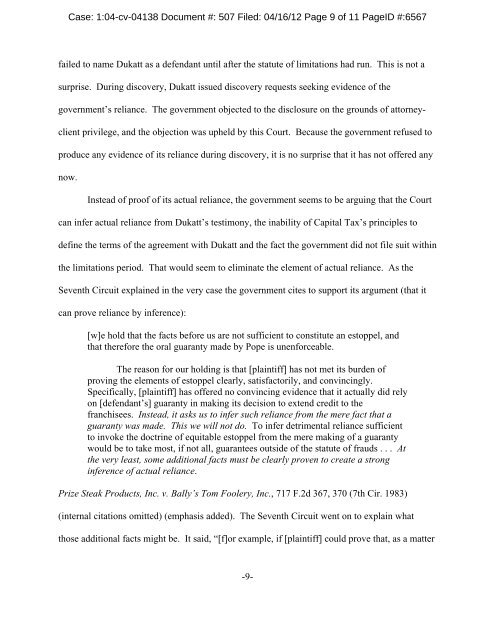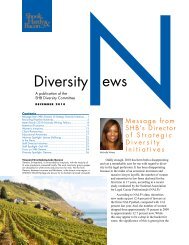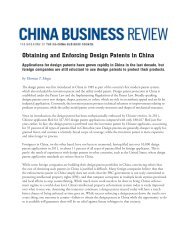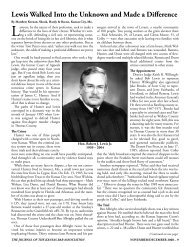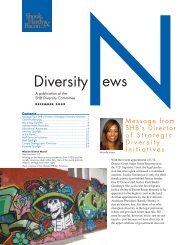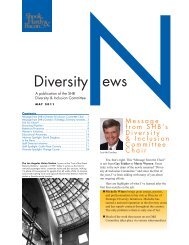United States v. Capital Tax Corp
United States v. Capital Tax Corp
United States v. Capital Tax Corp
Create successful ePaper yourself
Turn your PDF publications into a flip-book with our unique Google optimized e-Paper software.
Case: 1:04-cv-04138 Document #: 507 Filed: 04/16/12 Page 9 of 11 PageID #:6567<br />
failed to name Dukatt as a defendant until after the statute of limitations had run. This is not a<br />
surprise. During discovery, Dukatt issued discovery requests seeking evidence of the<br />
government’s reliance. The government objected to the disclosure on the grounds of attorney-<br />
client privilege, and the objection was upheld by this Court. Because the government refused to<br />
produce any evidence of its reliance during discovery, it is no surprise that it has not offered any<br />
now.<br />
Instead of proof of its actual reliance, the government seems to be arguing that the Court<br />
can infer actual reliance from Dukatt’s testimony, the inability of <strong>Capital</strong> <strong>Tax</strong>’s principles to<br />
define the terms of the agreement with Dukatt and the fact the government did not file suit within<br />
the limitations period. That would seem to eliminate the element of actual reliance. As the<br />
Seventh Circuit explained in the very case the government cites to support its argument (that it<br />
can prove reliance by inference):<br />
[w]e hold that the facts before us are not sufficient to constitute an estoppel, and<br />
that therefore the oral guaranty made by Pope is unenforceable.<br />
The reason for our holding is that [plaintiff] has not met its burden of<br />
proving the elements of estoppel clearly, satisfactorily, and convincingly.<br />
Specifically, [plaintiff] has offered no convincing evidence that it actually did rely<br />
on [defendant’s] guaranty in making its decision to extend credit to the<br />
franchisees. Instead, it asks us to infer such reliance from the mere fact that a<br />
guaranty was made. This we will not do. To infer detrimental reliance sufficient<br />
to invoke the doctrine of equitable estoppel from the mere making of a guaranty<br />
would be to take most, if not all, guarantees outside of the statute of frauds . . . At<br />
the very least, some additional facts must be clearly proven to create a strong<br />
inference of actual reliance.<br />
Prize Steak Products, Inc. v. Bally’s Tom Foolery, Inc., 717 F.2d 367, 370 (7th Cir. 1983)<br />
(internal citations omitted) (emphasis added). The Seventh Circuit went on to explain what<br />
those additional facts might be. It said, “[f]or example, if [plaintiff] could prove that, as a matter<br />
-9-


